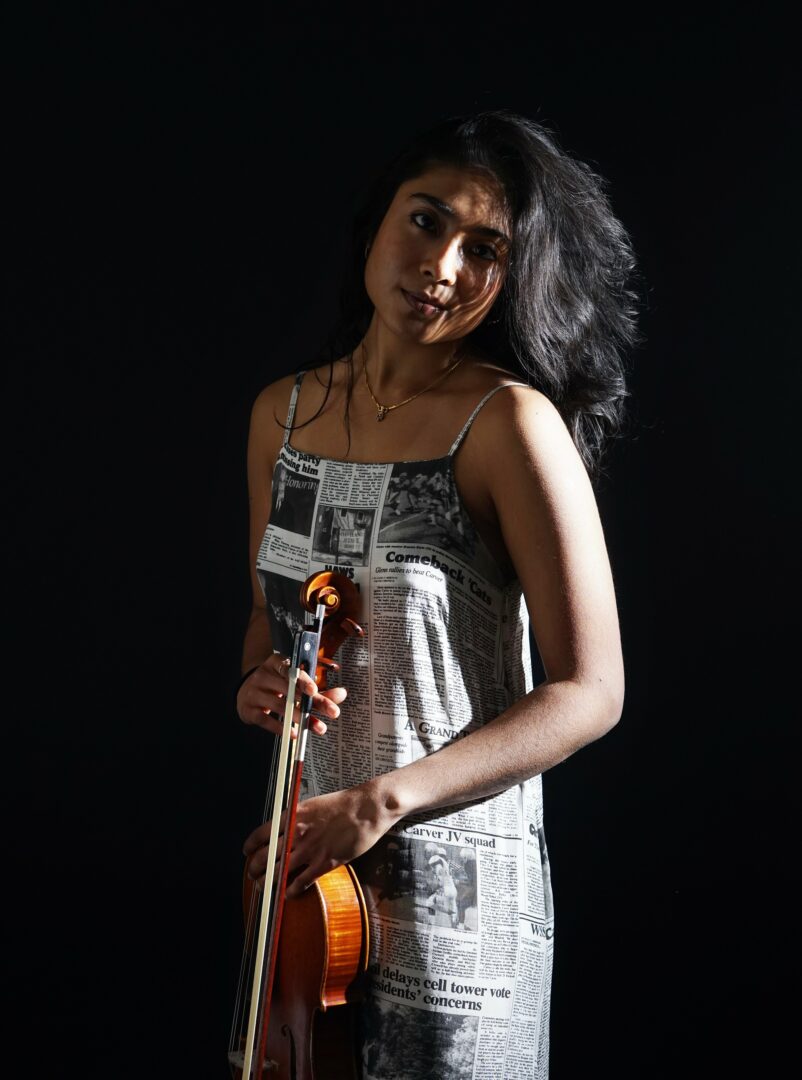We caught up with the brilliant and insightful Rituparna Mukherjee a few weeks ago and have shared our conversation below.
Hi Rituparna, really happy you were able to join us today and we’re looking forward to sharing your story and insights with our readers. Let’s start with the heart of it all – purpose. How did you find your purpose?
One of the biggest influences in my life has been my mother – she has shaped and molded so many of the ways in which I confront failure, and in-turn, build resilience. I remember countless conversations revolving around the idea purpose. What is it? How does one find it? What is it at the intersection of? How does playing music relate to my purpose?
Throughout my education at Oberlin and even in my Masters at New England Conservatory, I struggled to answer the question of why I play music, why is it important and how does praciticng in a room for hours on end serve anyone but myself. One of the most pivotal shifts happened when a few of my classmates and I started a strings program at a men’s correctional institution. I began to understand how music, playing music and sharing music and teaching music can unlock emotions in ways that words can’t because music is so intangible. Still, I struggled with the intangibility of music itself – how does obsessing over the way one note is played, affect anyone outside of those already in the world of classical music?
Upon meeting Vijay Gupta, and getting to understand some of the work he does through Street Symphony and his own personal performances, projects and conceptualizing of music as it relates to empathy, I began to form a semblance of purpose for myself.
To me, now, practicing is meditation – I can focus on one thing, one note one phrase and make it as beautiful as I possibly can, and there is no limit to how that takes shape and metamorphosis into how it can impact an audience. My purpose now, is at the conflux of excellence in performance, and community-based outreach initiatives. I want to be playing in the best orchestra possible, and bridge the gap between the hall and the community that surrounds it, specifically reaching underserved and often ignored communities in the classical music world.
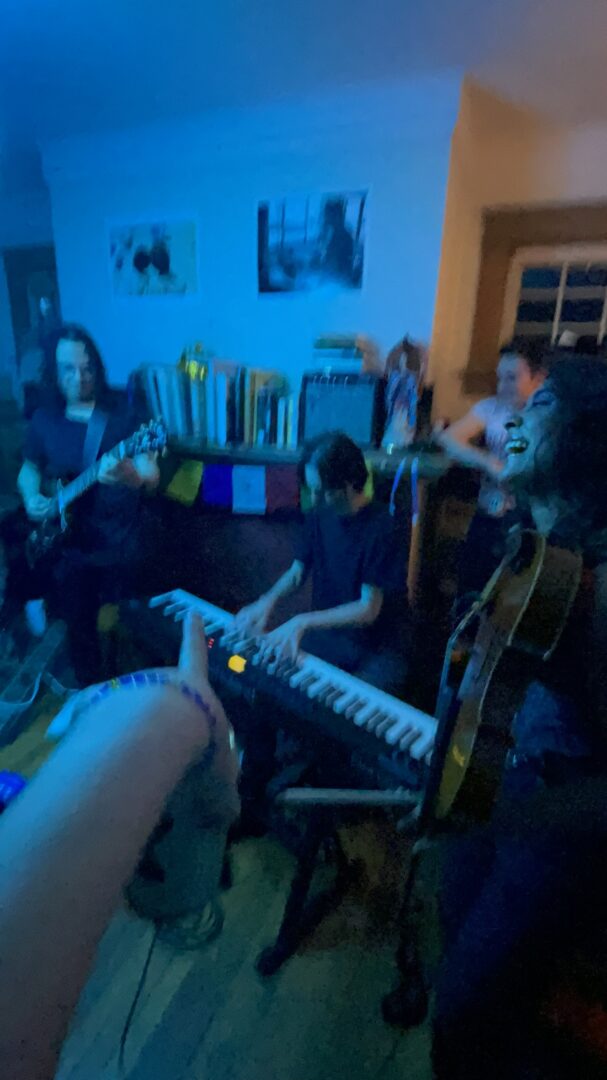
Appreciate the insights and wisdom. Before we dig deeper and ask you about the skills that matter and more, maybe you can tell our readers about yourself?
At the moment, I am a first year Viola Fellow at the New World Symphony in Miami. It is so exciting to be performing a new program every week with my colleagues in the symphony. We also have the opportunity to pursue our own initiatives outside of our performance schedule through Build Learn Understand and Experiment (BLUE) projects.
What is most exciting about this, is that it feels like an incubator for my own personal and musical growth while I practice in hopes of winning an audition with a professional symphony. Being in Miami is a world of its own and the culture here is so vibrant – I love that New World does its best to reach out to Miami and its surrounding areas and that I get to be a part of it through community engagement initiatives.
Getting to work with conductors and soloists from all over the world is inspiring and to be able to lead my section as well as learn and adapt to how others lead creates a beautiful camaraderie not just within sections, but throughout the whole orchestra.
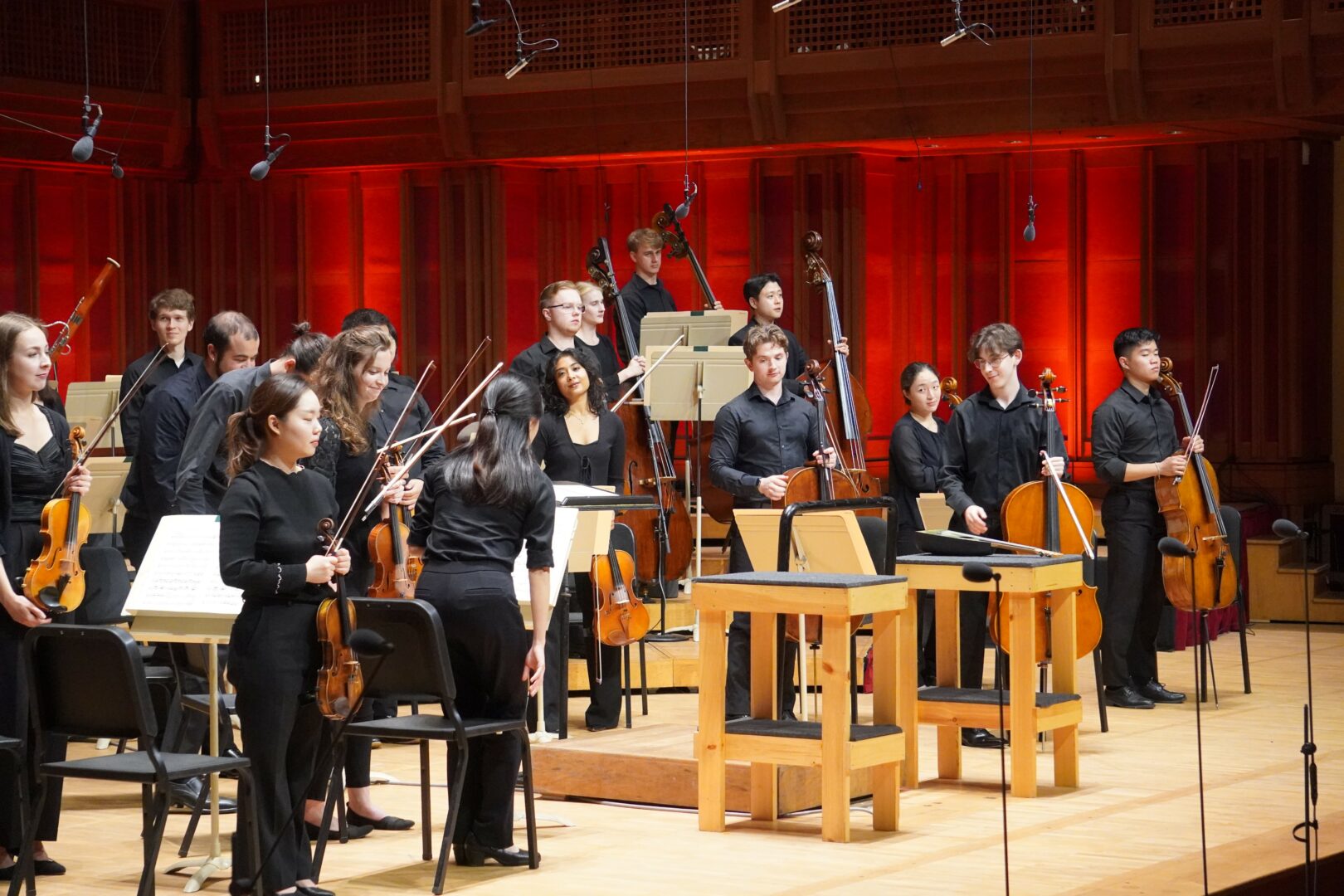
There is so much advice out there about all the different skills and qualities folks need to develop in order to succeed in today’s highly competitive environment and often it can feel overwhelming. So, if we had to break it down to just the three that matter most, which three skills or qualities would you focus on?
I think the most important skill or knowledge is to find your purpose – what makes you jump out of bed in the morning? Failure is inevitable, but how we move forward through failure, and cultivate confidence within ourselves outside of any external validation is the most important thing especially as artists. This a constant learning process for me, but I think it is such an important reminder for all of us especially those at the beginning of their journey. The small moments are important and beautiful, and can provide respite in the middle of striving for our most authentic artistic self. My joy comes from running at sunset and seeing my friends’ dogs and cooking with and for friends – I know the things I can do for myself that pull out of a slump and that is so important.
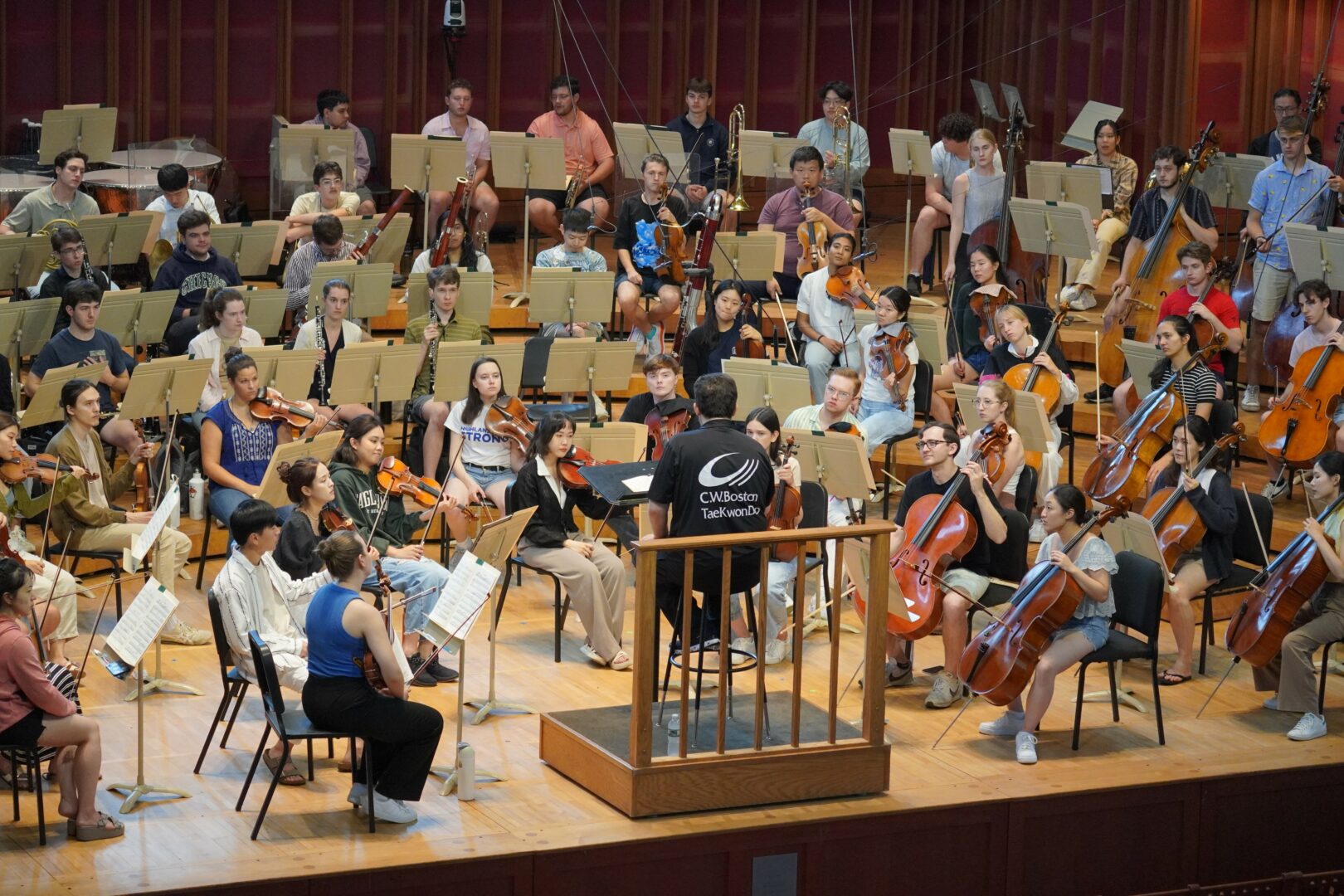
Thanks so much for sharing all these insights with us today. Before we go, is there a book that’s played in important role in your development?
I can’t recommend The Inner Game of Tennis enough – it is a beautifully written book about how we can teach ourselves simply by being aware and present in the moment. Though this book is written specifically in the context of learning and playing tennis, it has valuable insight into how our brains work and how we talk to ourselves. The way we talk to ourselves greatly impacts the output we have into the world, at least for me I have found this to be true. The kinder I am to myself, the more understanding I am and patient, the better connected I am to how I play and perform music.
Contact Info:
- Instagram: @rituparnam_
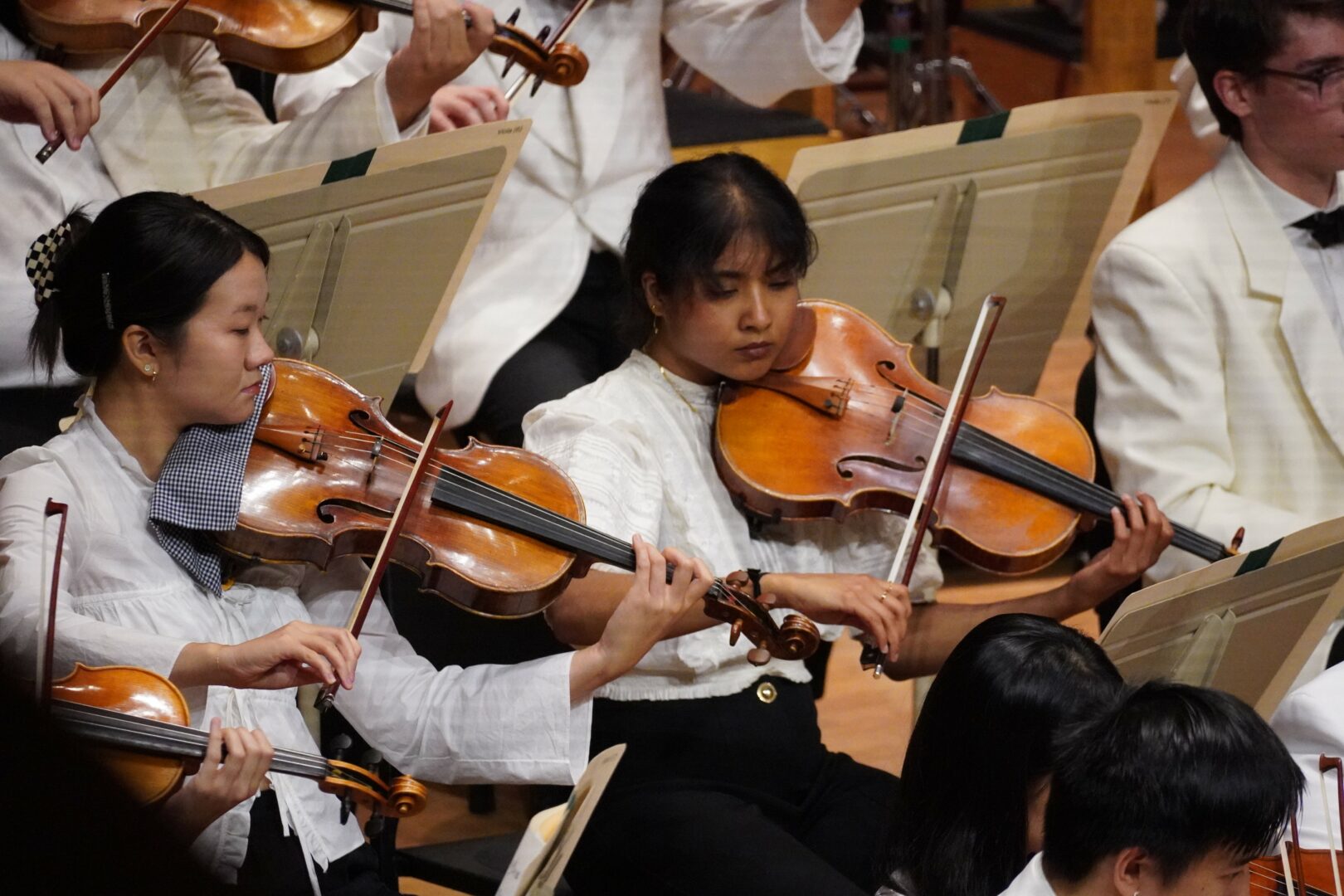
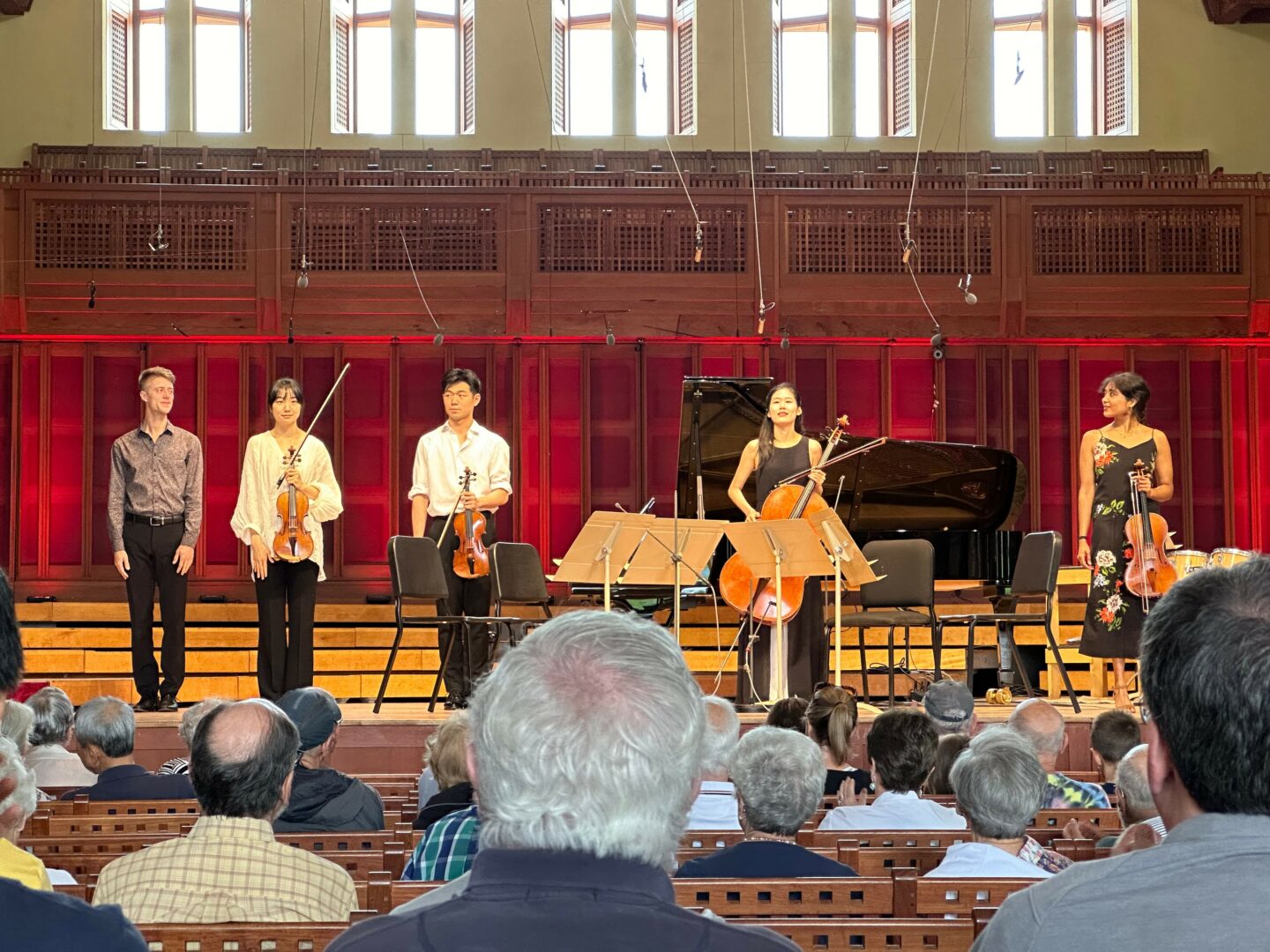
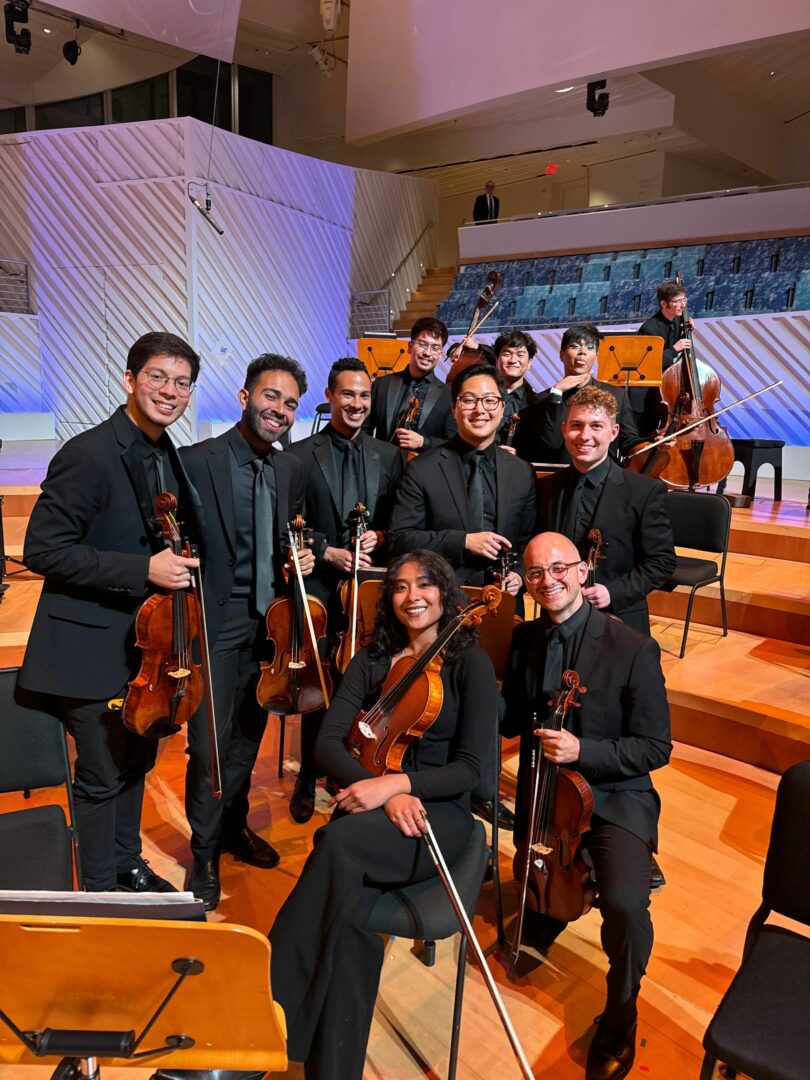
Image Credits
Samantha Price
so if you or someone you know deserves recognition please let us know here.

